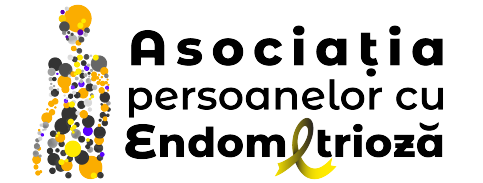Endometriosis is a condition that causes complex symptoms, felt in several areas and organs in the body. It can also be asymptomatic. The symptoms of endometriosis can also be found in other conditions such as irritable colon syndrome, interstitial cyst or uterine fibroids. Endometriosis also affects fertility and in many cases getting pregnant is difficult.
Endometriosis can cause painful menses
Endometriosis has a menstrual factor, that is, in most cases, symptoms appear or worsen during menstruation. Symptoms include dysmenorrhea, dyspareunia, dysuria, and dyschezia, and of course, pelvic pain and infertility. The clinical presentation is variable, with some women suffering more severe symptoms, others having moderate pain or being asymptomatic.
Dysmenorrhea – menstrual pain;
Dyspareunia – pain during sexual intercourse;
Dysuria – stinging or pain when urinating;
Dyschezia – pain or difficult bowel movement;

Pelvic/somatic pain
- pain before, during or after menstruation;
- pelvic pain at any time of the month;
- pain during or after intercourse;
- pain during ovulation;
pain in the groin area;
lumbar pain (back, flanks, sides, buttocks, legs); - abdominal pain;
Gastrointestinal symptoms
- rectal and intestinal pain during intestinal transit;
- constipation;
- diarrhea;
- blood in stool;
- bloating;
Urinary tract symptoms
- frequent urination in small amounts;
- the need to urinate urgently;
- difficulty emptying the bladder;
- discomfort during urination in the form of stinging, burning;
- hematuria, blood in the urine (this symptom is rare);
- bladder pain or cramps;
kidney pain (back);
